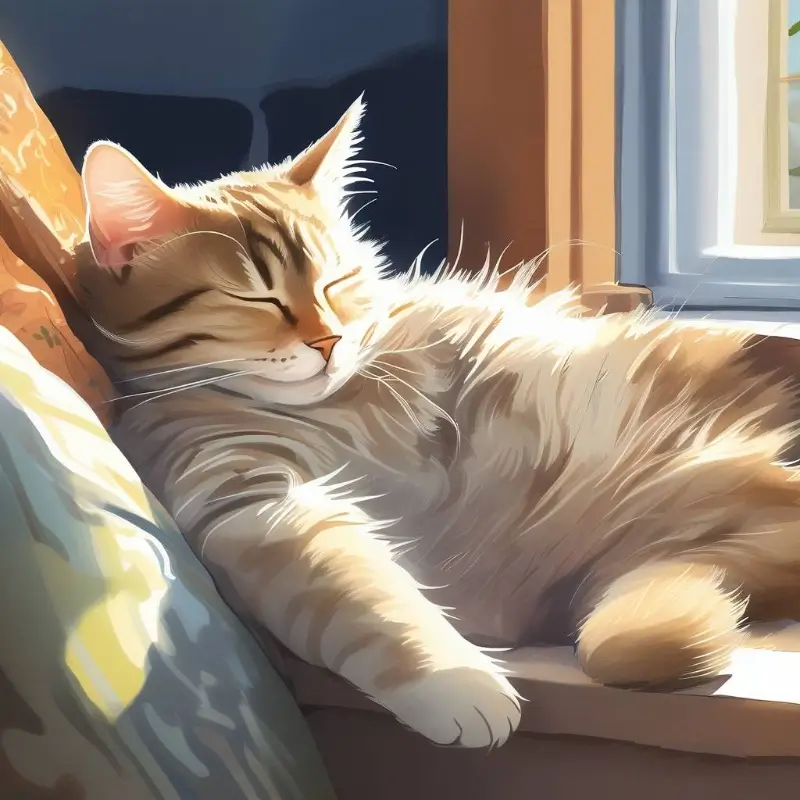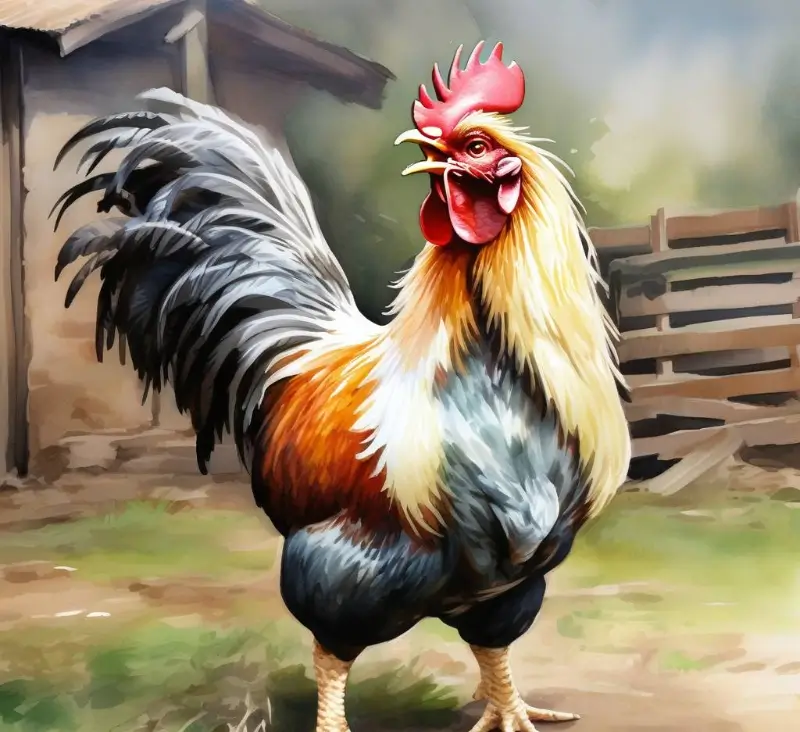why do cats sleep so much?
Cats sleep a lot due to a combination of biological, physiological and evolutionary factors:
- Natural Instincts: In the wild, cats are crepuscular animals, meaning they are most active during dawn and dusk. They conserve energy for these periods of hunting by sleeping at other times during the day and night. Even though domesticated cats don’t need to hunt for survival, they still retain this ancestral pattern of resting and conserving energy.
- Energy Conservation: Sleeping allows cats to conserve energy, which was especially crucial for their ancestors who needed bursts of speed and agility to catch prey and escape predators.
- Metabolism and Growth: Kittens and young cats require more sleep than adult cats because they are growing and developing rapidly, so rest is vital for proper growth and development. Similarly, older cats may sleep more due to changes in their metabolism and energy levels.
- Rest and Recovery: Cats have evolved to be efficient hunters, but this activity requires significant physical exertion. Sleeping helps them recover from these bursts of activity and maintains overall health.
- Brain Function: Sleep is essential for cognitive function and memory consolidation in all mammals, including cats. During deep sleep, cats experience rapid eye movement (REM) sleep, which is believed to play a role in mental rejuvenation and processing experiences.
- Physiological Needs: Cats typically spend around 12-16 hours per day sleeping, with some cats sleeping up to 20 hours. This high sleep requirement is just a part of their natural physiology, ensuring they remain healthy and well-rested.
In summary, cats’ sleeping habits are largely influenced by their biology and evolution, with a balance between rest and activity being key to maintaining their overall health and well-being.



